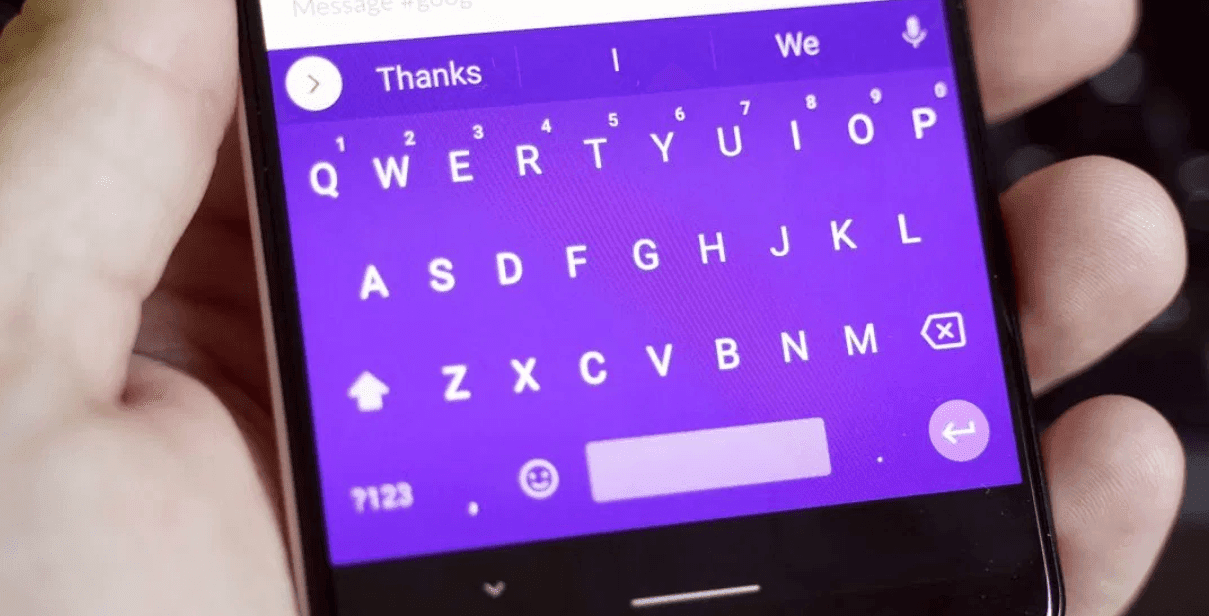Words have always been a source of bringing people together, but languages are capable of doing the opposite of it. They can draw the most prominent social barrier between them and make someone feel lonely even in a sea of people. Some might even comment that it can pit them against each other and cause a rift. However, technology is trying to minimize the impact of it on the professional and political world.
The latest tech equipment is trying to join people by facilitating feasible long-distance communication, but that’s not all. On top of it, it’s also playing its role in supporting to fill any cultural gaps and making it easier to understand others, regardless of their languages. Many apps support in-app translation features or solely serve the purpose of translating text. That helps improve the quality of any interaction and makes it worthwhile. But, this attempt still falls short when compared to the work of human translators.
[tmh_article_ads]
Your speech might seem easy to manipulate because you use it effortlessly, but many features can complicate its translation. The delivery, tone, context, use of formal and informal words makes the process complex and puts more responsibility on the interpreter. Even the advanced translation programs can’t keep up with them as a professional translator at work might do. That’s what’s retaining these people and adding enormous value to their jobs.
Despite these differences, technology remains to be a tool that complements the work of translators. It is allowing them to become better at their jobs and extend their reach. That is opening doors to many opportunities and creating exciting work possibilities for them to continue.
Here is how technology is supporting the work of translators.
The Need for Better Translation Requires More Translators
As discussed earlier, various programs are trying to make interactions smoother by working on translations. But since this job is impossible without support from a human translator, the work opportunities are growing.
More platforms recruit them to improve their work and ensure that the resulting outcome is close to the original adaptation. An example of it is the entertainment that needs to produce content for audiences with diverse backgrounds. To accomplish that, they need to include subtitles or work on dubbing it; they need voice actors to do it for them. The gaming industry has similar experiences with their international releases.
All these work options are crucial for the translators to prove their worth and improve the quality of content. And the credit for all this goes to technology.
Increasing Work Complexity Demands Translators to Fill Gaps
Technology has turned the corporate world and industries upside down with its influence. However, the problem is that everyone needs to prepare standard versions to understand things with ease.
To grasp the idea better, you can take the example of a localized program with the potential of invading the international market. In such cases, there is a hike in demand for human translators to tailor its contents so that everyone can operate it. That way, even international audiences can benefit from it, and interpreters enjoy enhanced work opportunities because of this scenario.
Technology is Refining the Work of Translators
Since the work scale has shifted drastically, even translators need to keep up with the evolving trends. Meetings and interactions over the web in the presence of live interpreters are not uncommon. So, they need to remain prepared for these situations and use different computer programs to translate these messages.
Companies prefer this method over others because they can make assumptions about the people they onboard. That’s why they rely on their translators’ expertise to get responses to the other side as accurately as possible. And live translators with the aid of supporting programs are their best bet for performing these tasks.
Industry-Specific Translations Need Live Interpreters
The work dynamics of various industries are intricate and require a firm grip to manage efficiently. That can only begin to tell how important it is for them to work with accurate translations.
For instance, someone in the healthcare sector trying to understand a foreign patient’s problem can’t diagnose an illness correctly unless they have the right input. An error in this situation could lead to a wrong diagnosis, putting the patient’s life at risk.
Similarly, an investigator studying a case would struggle to withdraw the right conclusions if the basis of the information is fabricated.
These small things can result in significant effects, and that is why industry-specific translation is a thing, which requires need human translators for this job. Attempts to develop programs and apps that can facilitate these functions are undergoing, but they need support before becoming operational.
Technology Promotes Business Globally
With the world turning into a global village, businesses are also adapting to this structure. They feel encouraged to explore opportunities overseas and invest in a foreign land to expand their roots. This concept alone invites tremendous opportunities for human translators, especially if the company is not in favor of hiring a local workforce.
They help the staff fill the cultural gaps and monitor every activity to ensure its authenticity. While working for the locals, the marketing campaigns and sales pitches also need to identify with their mindsets. Administering these and making changes to them is another responsibility of these translators. That signifies how pivotal their role is in this setting, as only they can promise smooth operations in this scenario. So, by making it easy to do business overseas, technology has also presented an opportunity for translators to enjoy a comfortable position.
Summary
These were a handful of ways to create quality and abundant work opportunities for translators worldwide. The trend is likely to grow for an indefinite period, as various companies continue to translate apps and software programs. Some people predict a sharp decline in this profession as soon as a technology with accurate translations becomes available, but the chances remain slim. That is because these programs can interpret the sounds but are unable to judge the speaker’s tone. As long as that continues, human translators have nothing threatening the scope of their work.



Share your thoughts